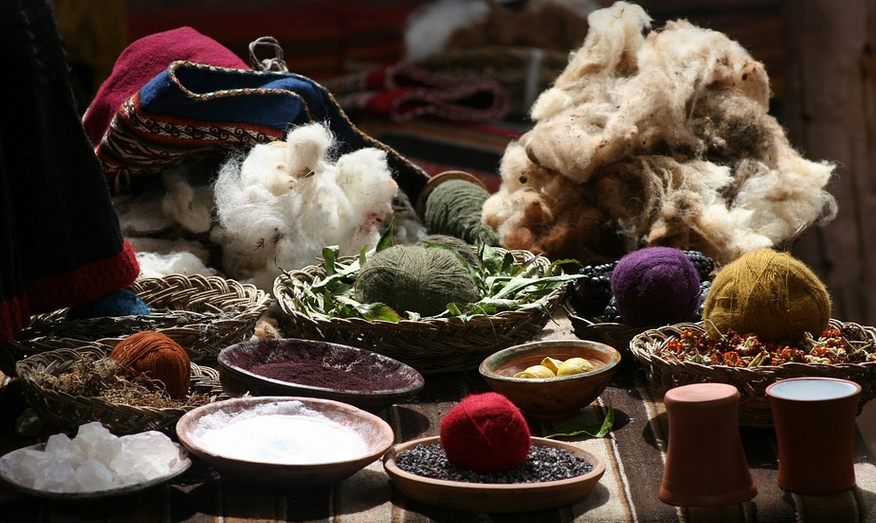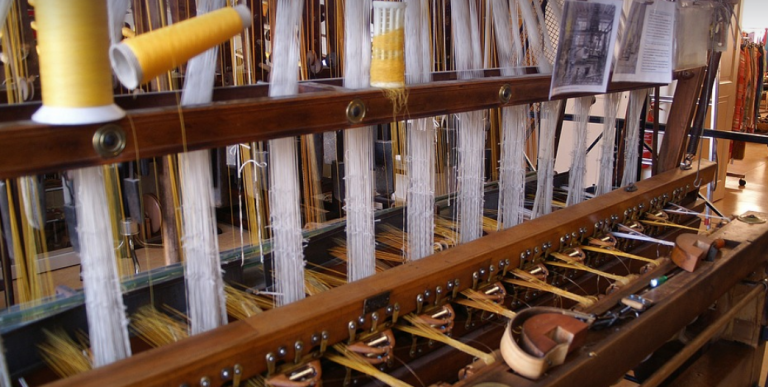
What are Heat Tents and Why Use Them with a Gas Grill?
Imagine this: you’re hosting a summer BBQ, the sun is setting in glorious hues of orange and purple, the aroma of sizzling burgers fills the air, and your guests are enjoying the warmth of the evening. But, there’s a catch—it’s chilly! You don’t want to huddle around a cold grill or have your food turn out less than fantastic. That’s where heat tents come in.
Heat tents are essentially portable enclosures designed specifically for outdoor cooking environments like grilling. They create an enclosed space, trapping warmth and allowing you to cook longer even on cool evenings. But why use a heat tent with your gas grill?
For starters, gas grills are known for their efficient heating capabilities, meaning they can generate a lot of direct heat. However, the open air around them often loses that precious warmth. Heat tents act like little greenhouses, creating a more controlled environment where the heat from your grill spreads out evenly.
This controlled environment allows you to extend your grilling sessions beyond just daytime hours, enabling you to enjoy those juicy burgers and steaks even during cooler months or at night.
How to Choose the Perfect Heat Tent for Your Gas Grill
Choosing the right heat tent is crucial for maximizing its benefits. Here’s what to consider:
1. Size and Compatibility: The most important factor is ensuring your chosen tent fits your grill.
For gas grills, you’ll want a tent that has an opening on one or both sides, allowing for easy access and ventilation while keeping the heat inside.
Measure the width and height of your grill and then check if the tent’s dimensions match. Also, ensure it provides enough room for comfortable movement around the grill without feeling cramped.
2. Heat Retention Materials: The fabric and insulation of the heat tent play a vital role in retaining warmth.
Choose a tent made from high-quality, weatherproof materials such as heavy-duty canvas or polyester with reflective coatings to trap heat effectively. These materials are designed to withstand outdoor elements like rain, wind, and even sun that can impact the overall performance of your grill.
3. Ventilation Features: While good insulation is essential, proper ventilation is equally important, especially during extended grilling sessions.
Look for tents with built-in vents or mesh panels to allow airflow from both sides and prevent trapping too much heat within the tent. This allows your grill to function correctly while ensuring a comfortable cooking experience.
4. Ease of Setup and Maintenance: A good heat tent should be easy to set up and store, especially for frequent use.
Choose tents with collapsible frames or simple assembly methods. Additionally, consider the ease of cleaning and maintaining the tent’s fabric, ensuring it stays in top condition.
Benefits of Using a Heat Tent For Your Gas Grill
There’s a whole host of advantages to using a heat tent for your gas grill:
1. Extended Cooking Time: Your cooking sessions will last longer, allowing you to savor your favorite meats and vegetables even on cooler days or evenings.
2. Enhanced Food Quality: Heat tents create an optimal environment for cooking, ensuring that the food gets cooked evenly without drying out or burning due to the direct heat of the grill.
3. Increased Comfort: You can comfortably linger outdoors even when it gets chilly. The warmth from your tent and the glow of your grilling flames creates a cozy atmosphere perfect for entertaining guests and enjoying the outdoors.
4. Versatility: Heat tents work well with various grilling styles and settings, making them suitable for both casual and formal events.
Whether you’re hosting a backyard BBQ or warming up some chili on a chilly evening, these flexible tents offer versatility.
Safety Tips for Using a Heat Tent with Your Gas Grill
While using heat tents can enhance your grilling experience, there are certain precautions you should take to ensure safety:
1. Proper Ventilation: Always ensure adequate ventilation by opening the tent vents or mesh panels occasionally to allow airflow and prevent the accumulation of excessive heat and smoke.
2. Keep Distance from the Grill: To prevent any accidental burns, keep a safe distance between your grill and the tent walls for a more comfortable experience.
3. Securely Anchor the Tent: Strong winds can pose a threat to your tent’s stability. Make sure it is securely anchored or staked down to prevent it from tipping over or blowing away during strong weather conditions.
4. Follow Manufacturer Instructions: Always refer to the manufacturer’s guidelines for assembly, usage, and maintenance instructions to ensure optimal performance of your heat tent.
Conclusion: The Perfect Blend of Comfort and Culinary Delight
Heat tents are a game-changer for anyone who desires to extend their grilling season and enjoy delicious meals in any weather. They blend comfort and functionality, making backyard grilling even more enjoyable. Whether you’re a seasoned griller or a novice chef, heat tents can elevate your cooking experience to new heights.
So this summer, consider investing in a heat tent for your gas grill. It’s an investment that will pay off with delicious meals and unforgettable memories for everyone involved.


